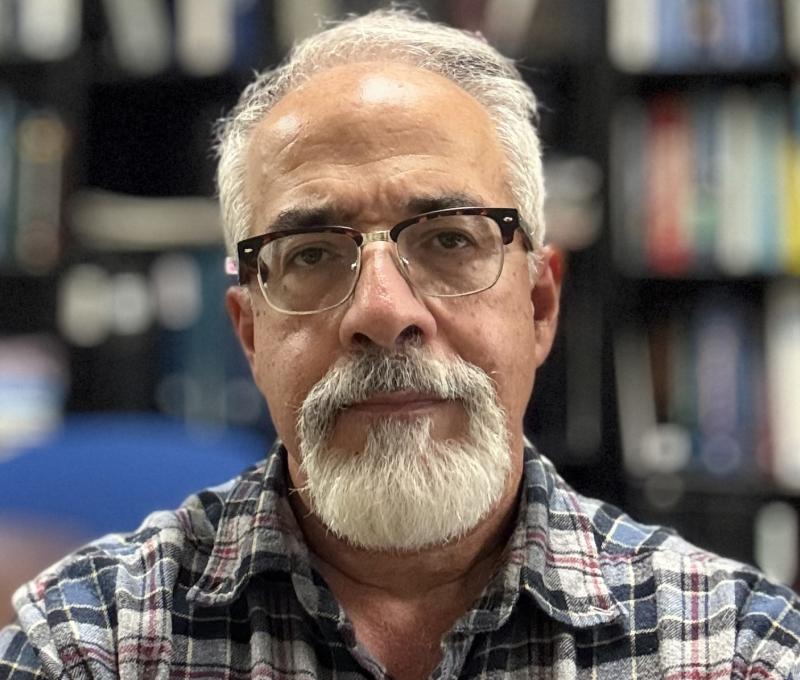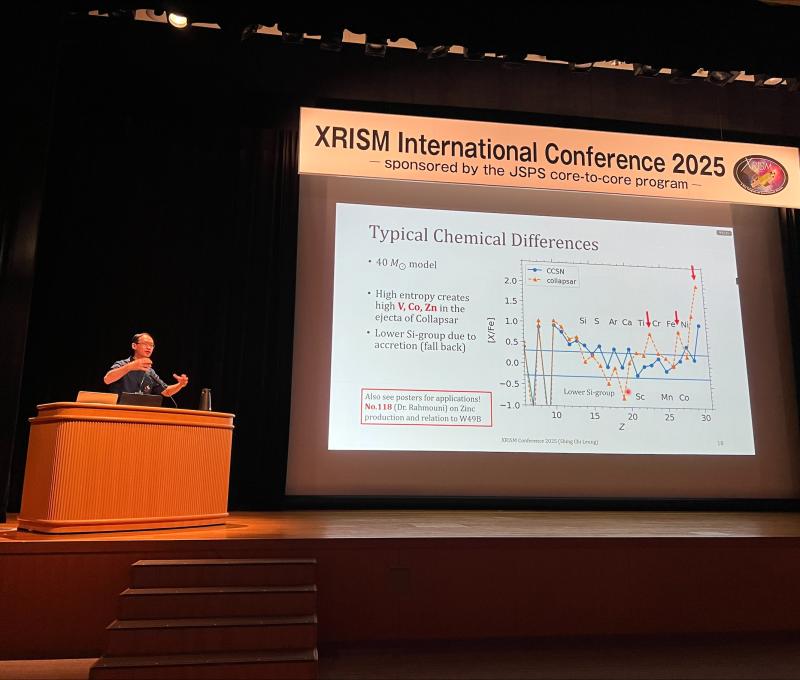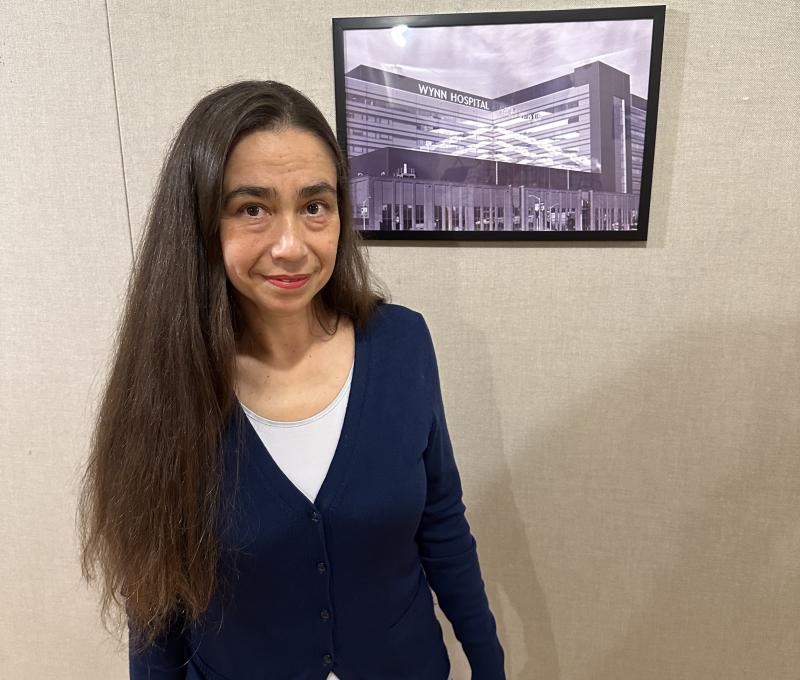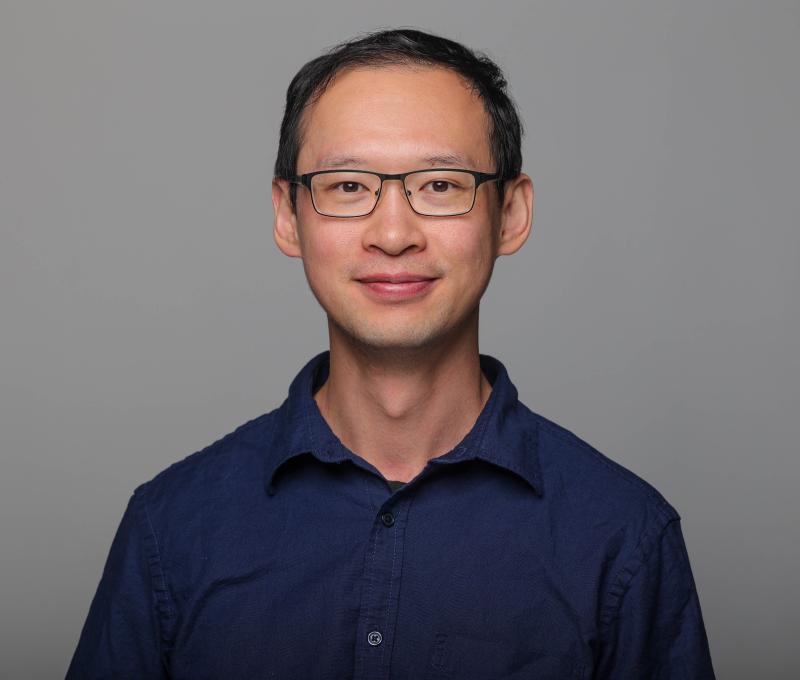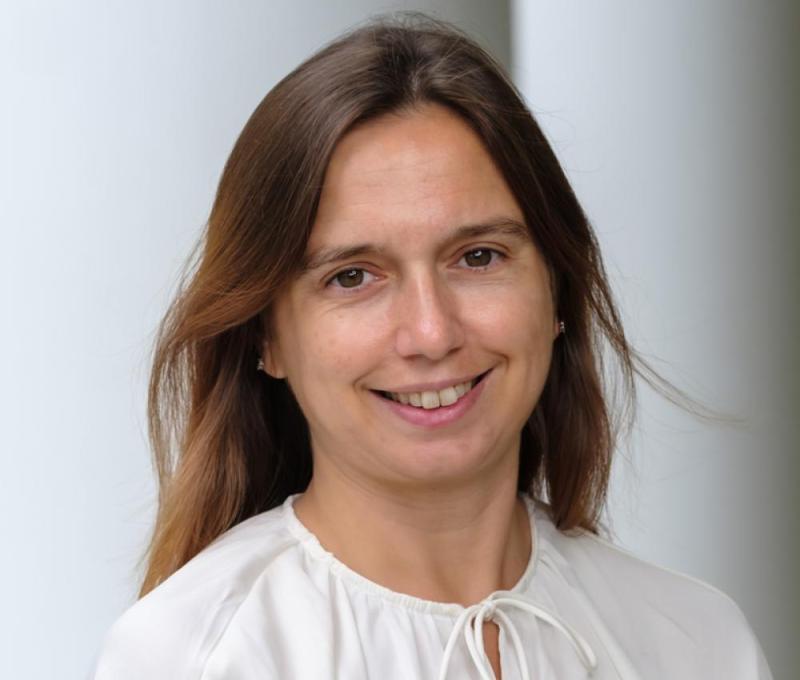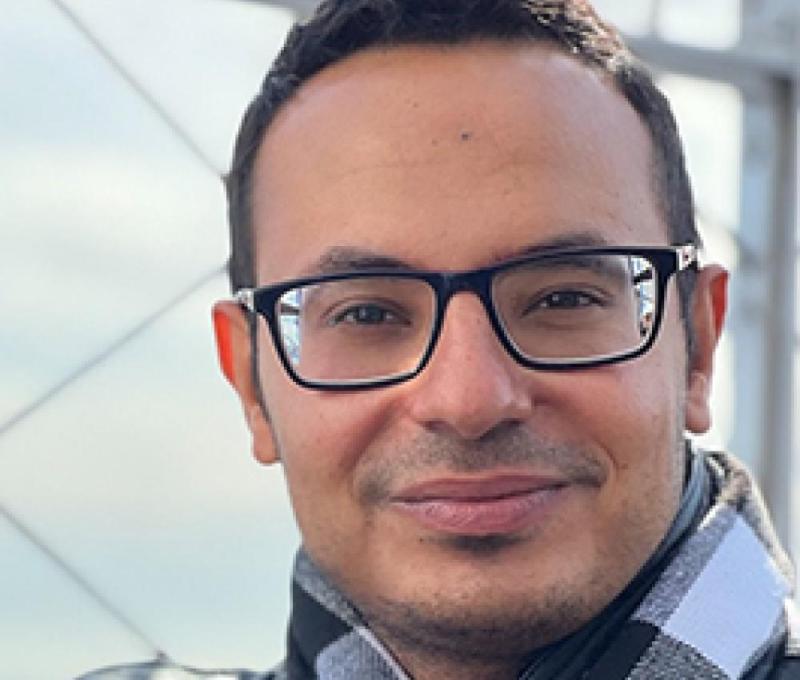SUNY Technology Accelerator Fund Invests $300K to Advance the Commercial Readiness of Eight Innovations

SUNY News Release
Winners Include a Software to Simplify Drug Discovery, a Game-Based Platform for Teaching K-12 Students to Protect Themselves Against Cyberthreats, and a Technology to Enhance Current Treatments of Blood Cancers
Albany, NY – State University of New York today announced that the Technology Accelerator Fund (TAF) invested $300,000 in faculty-led projects to accelerate the development of eight innovations that are poised for commercial success.
This year's class includes a software to simplify drug discovery from University at Albany, a game-based platform for teaching K-12 students to protect themselves against cyberthreats from SUNY Canton, and a technology developed at Stony Brook University that enhances current treatments of blood cancers.
A significant obstacle to the commercial development of university technology is the lack of funding for promising discoveries after government-sponsored support ends and before a licensee or venture-capital support is secured. Recognizing this need, the SUNY TAF program was established over a decade ago to help bridge that gap for SUNY researchers.
The SUNY TAF Class of 2022 marks the program's tenth investment round. This year's eight projects join a portfolio of 57 technologies funded by TAF, which is used to bring SUNY research to market. The fund targets critical research and development milestones—such as feasibility studies, prototyping, and testing—which demonstrate that an idea or innovation has commercial potential. The goal is to increase the likelihood of potential investors and other partners to translate these early-stage technologies into products and services with transformational capabilities. Faculty, staff, and students from all disciplines and campuses are encouraged to apply for SUNY TAF funding.
"SUNY-led innovation and technology has the potential to change lives, and the SUNY Technology Accelerator Fund underscores our commitment to research and development throughout our campuses," said SUNY Interim Chancellor Deborah F. Stanley. "From educational technology to manufacturing enhancements to sustainable and medical advances, the 2022 TAF recipients' research isn't just groundbreaking, it is a catalyst for a better future for our society. I am immensely proud of their work, and I congratulate them for joining the ranks of SUNY TAF winners."
TAF investments are awarded through a rigorous evaluation process, with input from external experts in various fields of science, technology, and business development. Factors considered include the availability and strength of intellectual property protection marketability, feasibility, breadth of impact, and commercial potential.
The SUNY TAF Class of 2022 includes:
- Thomas Begley, professor of biological sciences and associate director of the RNA Institute at the University at Albany, has developed software that can dramatically simplify drug discovery as well as patient stratification for personalized medicine.
- Scott Schiffres, associate professor of mechanical engineering at Binghamton University, has developed a technology that can detect the age and quality of powders used in the additive manufacturing industry in its original space without sacrificing printing speed and without significant hardware modification.
- Shenqiang Ren, professor of mechanical and aerospace engineering at the University at Buffalo, has developed a printed, high electrical, and thermal conductive copper conductor that could lead to lighter, durable, and energy-efficient flexible electronics.
- Kambiz Ghanzinour, associate professor at the center for criminal justice, intelligence, and cybersecurity at SUNY Canton, has developed a game-based platform for teaching K-12 students to protect themselves from cyberthreats.
- Bandaru Ramarao, professor and chair of chemical engineering at SUNY ESF, has developed a polymer that can convert agro-industrial waste into novel bioplastics for use in packaging.
- Woongje Sung, associate professor of nanoengineering at SUNY Polytechnic Institute, developed a novel power semiconductor device and packaging technology to enable and provide more reliable, rugged, and efficient solution for power electronics.
- Juntao Luo, associate professor of pharmacology and surgery at the Upstate Medical University, has invented novel materials that can effectively deliver various therapeutic drugs for targeted disease treatments.
- Clinton Rubin, distinguished professor of biomedical engineering at Stony Brook University, has developed a technology focused on delivering non-invasive mechanical signals to stimulate T-cell growth and enhance current treatments of blood cancers.
SUNY TAF's investment in these eight projects will provide each of the faculty-led technology development teams with the capital needed to further validate, advance, and enhance the commercial readiness of their technologies.
Juntao Luo, Upstate Medical University Associate Professor in the Department of Pharmacology and TAF Award Recipient, said, "Our nanoformulation of CMT-3, an anti-inflammatory drug molecule, has a great potential in treating the life-threatening sepsis and acute respiratory distress syndrome (ARDS). TAF will enable us to fully understand the efficacy of the nanoformulation in treating sepsis. In addition, our nanocarrier is a platform technology that can be customized for individual drug molecule delivery and can be applied for immunotherapy cancer treatments. We are very grateful that this TAF investment will open the opportunity to translate our platform nanotechnology in disease treatments."
Bandaru V. Ramarao, SUNY College of Environmental Science and Forestry Professor and Chair of Chemical Engineering, said, "We are grateful to SUNY for this investment, which provides vital funding to advance development of more ecological, sustainable packaging from industrial and agricultural fibrous waste materials to decrease materials that land in the waste stream, and reducing and replacing polluting petroleum plastics with earth friendly biodegradable biopolymers."
Woongje Sung, SUNY Polytechnic Institute Associate Professor of Nanoengineering, said, "We are grateful for receiving this TAF investment, in addition to matching funds from Indium Corporation and SUNY Poly spinoff NoMIS Power, which will support innovative approaches to SiC-MOSFET architecture to offer a four-fold improvement in short-circuit time over currently available technology. This technology improves the reliability of silicon carbide-based power electronics, which should allow it to be used more broadly for applications, such as for electric vehicles, and we look forward to licensing this technology for production sale to power electronic device original equipment manufacturers."
Since the program was launched in 2011, TAF has invested over $3 million to advance 65 of SUNY's most promising technologies. Additionally, TAF catalyzed the investment of an additional $16 million from external partners, including federal agencies, industry licensees and angel investors, and led to the creation of more than a dozen new startup companies. For more information about SUNY TAF and to find more information about previous SUNY TAF winners, visit the link here.
About the State University of New York
The State University of New York is the largest comprehensive system of higher education in the United States, and more than 95 percent of all New Yorkers live within 30 miles of any one of SUNY's 64 colleges and universities. Across the system, SUNY has four academic health centers, five hospitals, four medical schools, two dental schools, a law school, the state’s only college of optometry, and manages one US Department of Energy National Laboratory. In total, SUNY serves about 1.3 million students amongst its entire portfolio of credit- and non-credit bearing courses and programs, continuing education, and community outreach programs. SUNY oversees nearly a quarter of academic research in New York. Research expenditures system-wide are nearly $1.1 billion in fiscal year 2021, including significant contributions from students and faculty. There are more than three million SUNY alumni worldwide, and one in three New Yorkers with a college degree is a SUNY alum. To learn more about how SUNY creates opportunity, visit suny.edu.

